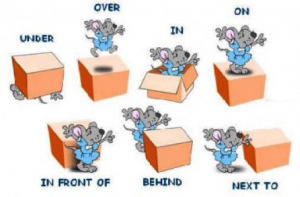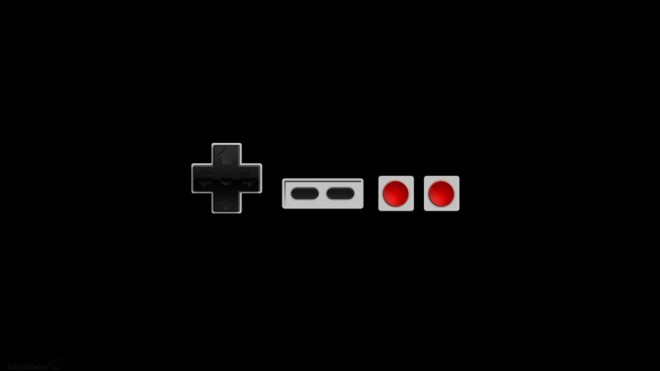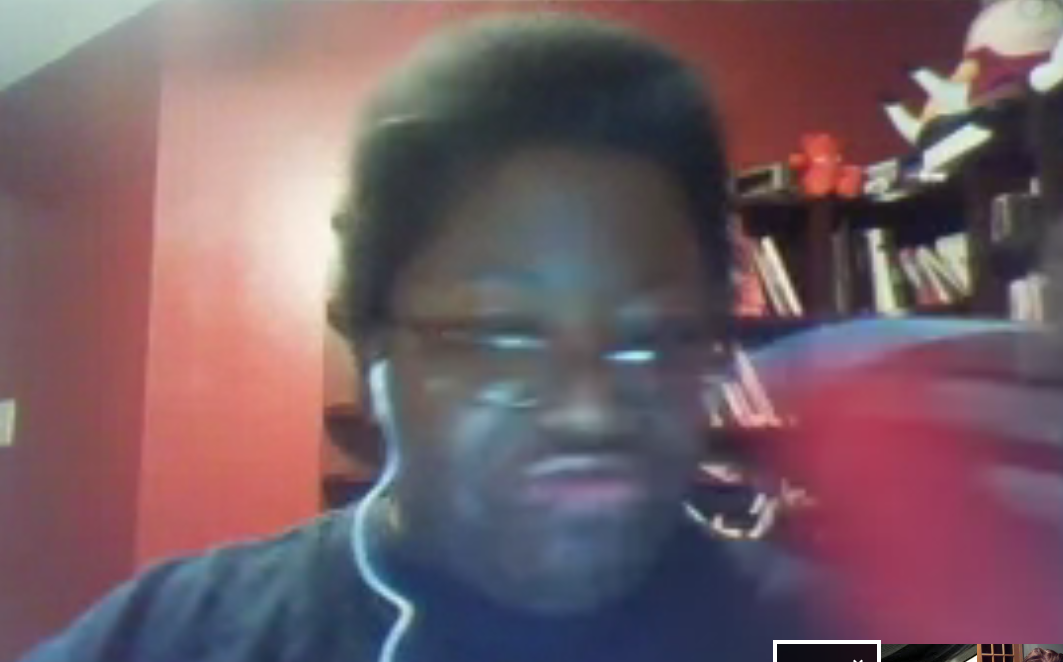I’ve struggled with the concept of ‘gamer’ for a long time. I’ve always considered myself a gamer because of my engagement with the culture since I’ve been a child. But hearing many prominent feminists whom I respect and adore deny their gamer identity, I have begun to challenge my own identity as a gamer.
I liken my love of gaming and gaming identity to feminist struggles within hip-hop. I love hip hop. I love gaming. But it has been a constant struggle to defend both.
So the question I’ve constantly grappled with is, “As a feminist, can I consider myself a gamer?” One would first have to define what a gamer is. To provide a baseline, I often find myself using Adrienne Shaw’s definition from the ADA issue on Feminist Game Studies:
being a gamer is defined in relation to dominant discourses about who plays games, the deployment of subcultural capital, the context in which players find themselves, and who are the subjects of game texts.
This is a great starting point to begin unpacking what it means to be a gamer. Using my second passion I am able to come to terms with my identification as a gamer and help make sense of how I can co-exist within gaming culture as a feminist.
 To put the definition of gamer in simpler terms, a gamer is simply one who engages with games either through play, observation, consumption, creation, and/or critique. It’s like learning prepositional phrases as a child. How can the mouse interact with the box?
To put the definition of gamer in simpler terms, a gamer is simply one who engages with games either through play, observation, consumption, creation, and/or critique. It’s like learning prepositional phrases as a child. How can the mouse interact with the box?
All of these are what a gamer can do and be within gaming culture. One doesn’t have to play to be considered a gamer. Just as one doesn’t have to be a rapper to be a fan of hip hop. Your experience is just as authentic.
But just as being a fan of hip-hop entails more than just listening, being a fan of games entails more than just playing and so this definition must be expanded a bit. Just because someone buys Kendrick Lamarr’s album and listens to it doesn’t necessarily make him or her a hip-hop connoisseur. Just because you played Mario as a kid doesn’t make you a gamer.
As KRS-One would suggest, there must be a complete engagement with a history and culture in order to be a student of said culture. Gaming should be both what one does and what one is. I am immersed in gaming culture not just because of my research, but because I am a part of a culture that has the ability to touch and positively impact people’s lives; it just doesn’t always realize its potential.
The whole ‘hip hop is dead’ phenomenon was very much needed in order to save hip hop and hip hop culture from extinction. And just as Leigh Alexander similarly articulated that ‘Gamers’ are over – I have heard the call and come to save it.
Gamers (or at least a faction of gamers) have destroyed the idea of being a gamer. From the racism, sexism, and heterosexism, to the toxic, over consumption, associating oneself with gaming culture is not cool anymore. After reading Leigh Alexander’s article, among others on the topic, I began thinking, why does this toxic culture have to redefine my childhood happiness? My academic career? How I met my partner? My favorite pastime? Just as hip-hop culture has reappropriated the term ‘nigga,’ I too want to take back the concept of Gamer. You can’t have it. Gamer is female. Gamer is Colored. Gamer is Queer. Gamer is inclusive. Gamer is me.
You know what, I’ll take this a step further and suggest that whoever was complicit in destroying it can’t even use the term anymore. I prefer you say, “G-Word.” It’s mine. It’s ours. And you can’t have it back.
There is another definition of gamer that must be considered in addition to one who merely plays games. Google also suggests that “Gamer” is a person known for consistently making a strong effort. Yeah. That’s me. This is where I reside.
We. Are. G.A.M.E.R.S.
Gamers
At
The
Margins
Exploited, but
Resisting
Simultaneously





2 thoughts on “Gaming at the Margins and Taking Back Gamer Identity”
“One doesn’t have to play to be considered a gamer. Just as one doesn’t have to be a rapper to be a fan of hip hop. Your experience is just as authentic.”
I found this an interesting analogy, because I’ve always considered actually playing the games to be the primary form* of consumption of the media. So I could rephrase this as follows:
‘One doesn’t have to play to be considered a gamer. Just as one doesn’t have to listen to hip hop music to be a fan of hip hop.’ Or ‘One doesn’t have to watch any movies to be a film buff’.
It kinda.. turns the logic of the sentence on its head. So I’m not sure this analogy holds up.
But I like your argument as a whole, and I would like to push it even further – a gamer is just someone who self identifies as a gamer. So that person you mentioned that played mario as a kid – they can identify as a gamer if they like. Sure. Why not? Why is their experience not valid?
Great point. You’re right. Thanks for the suggestion.